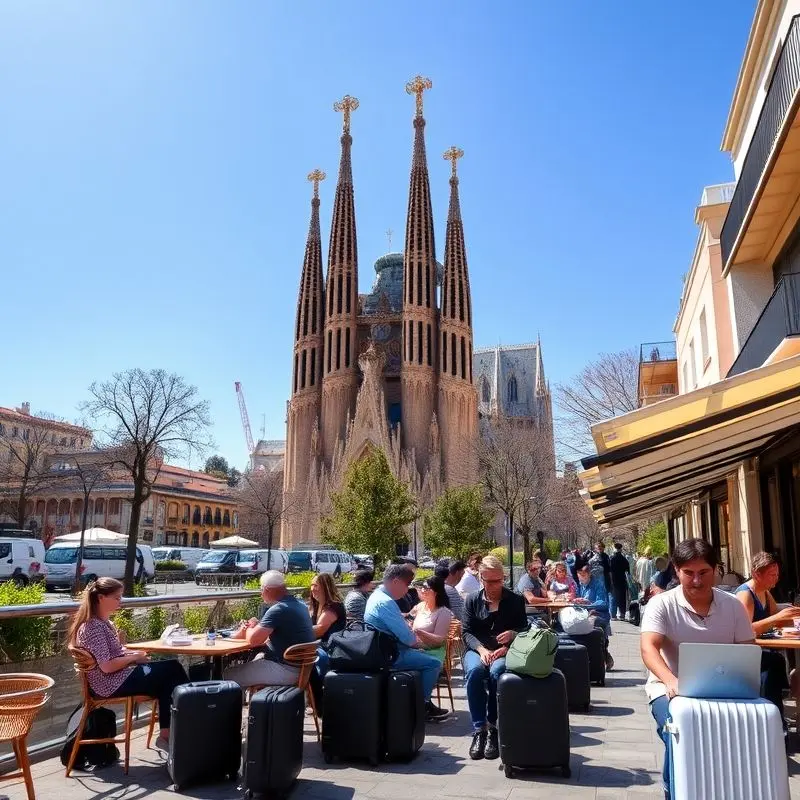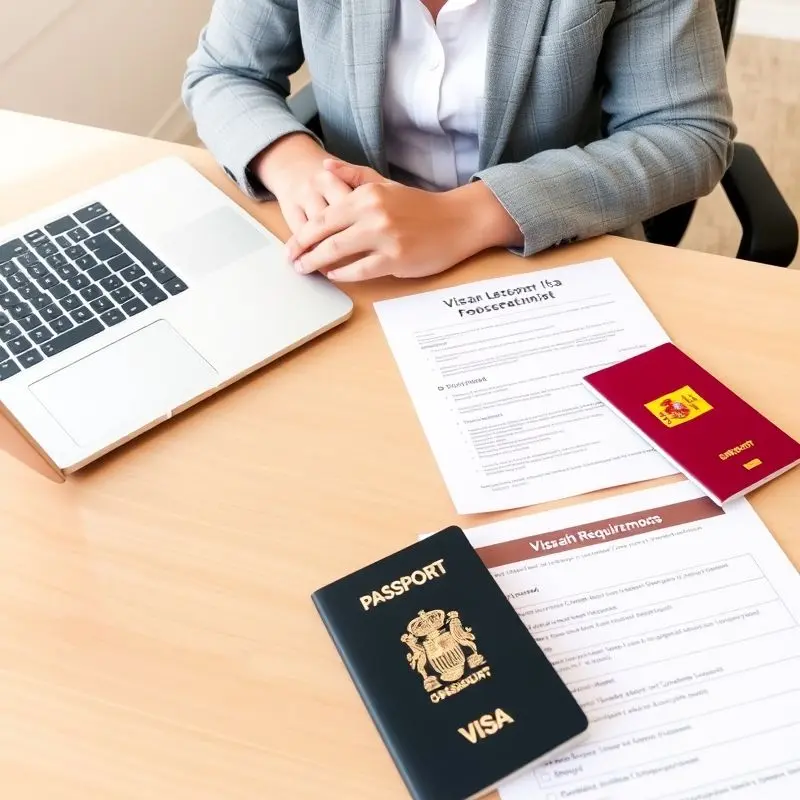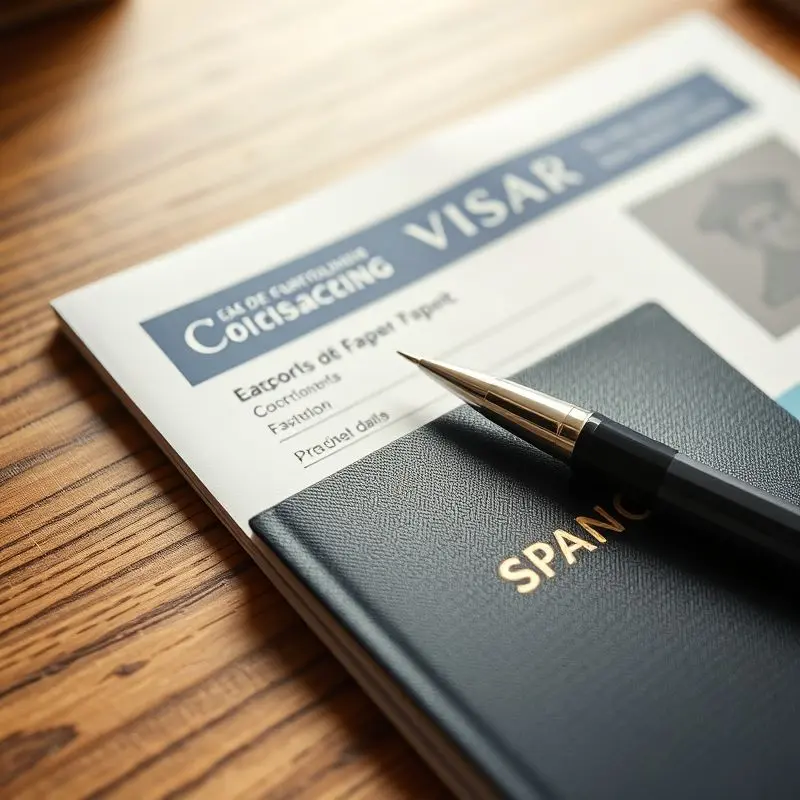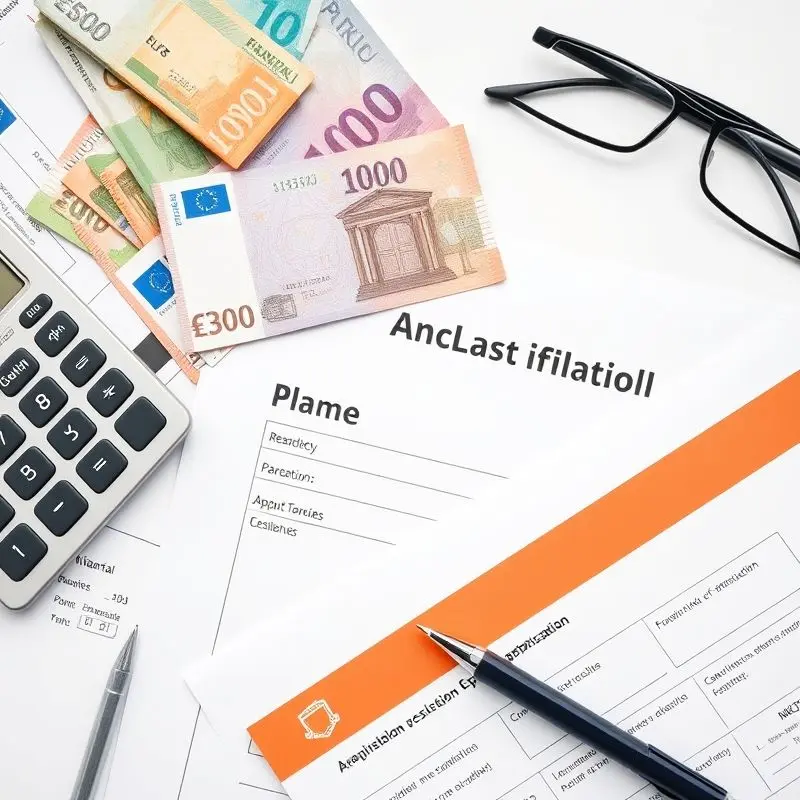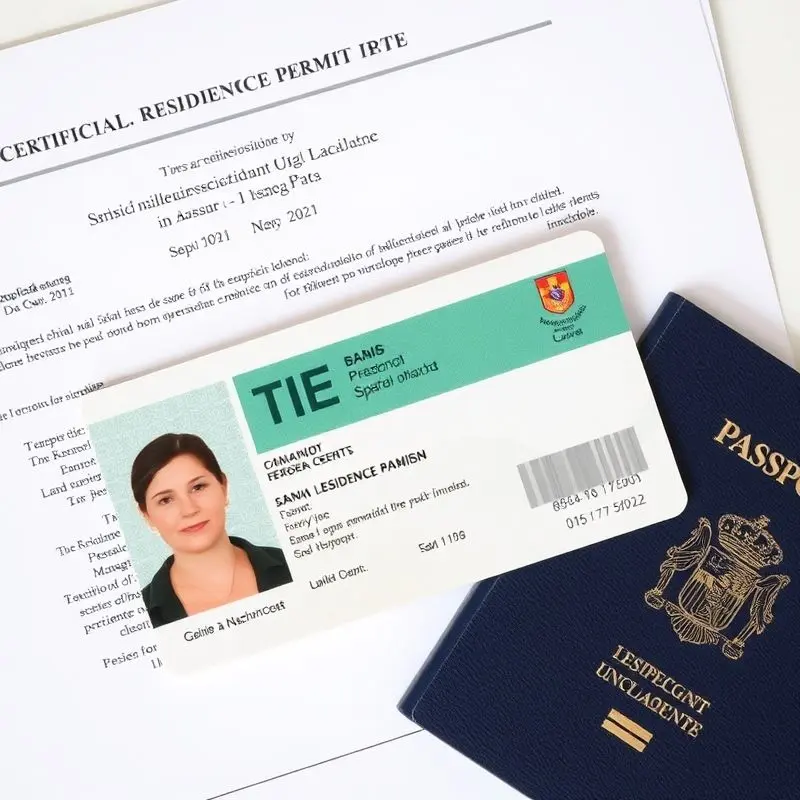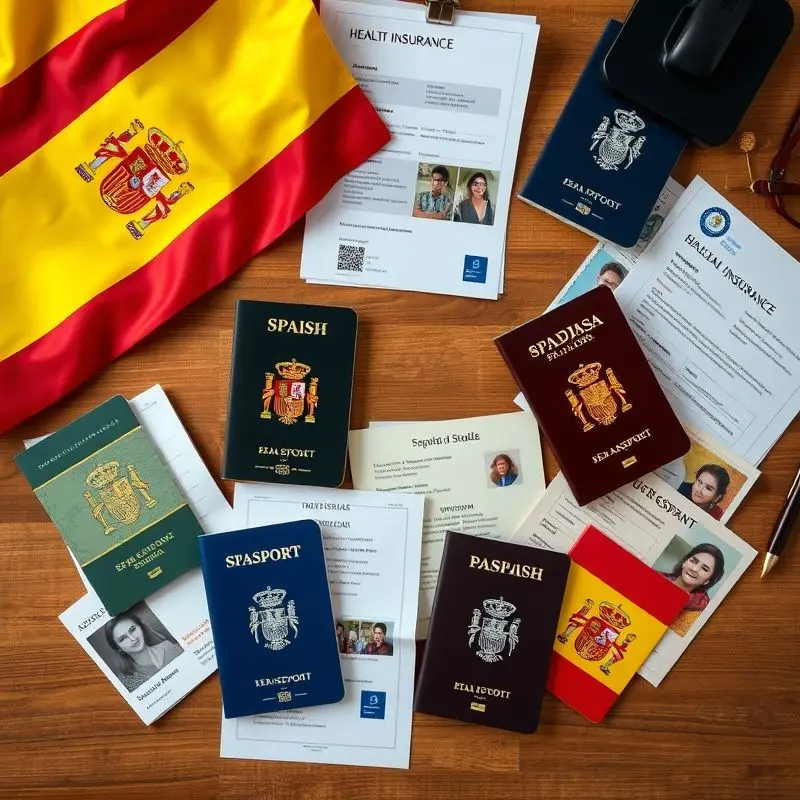Want to Work, Study, or Retire in Spain? Here’s How to Get the Right Visa

If you’ve ever dreamed of sipping sangria by the Mediterranean, working remotely from a sunny terrace, or enjoying your golden years surrounded by Spanish culture—you’re not alone. But before you pack your bags, there’s one thing standing between you and your Spanish escape: the visa. Let’s dive into everything you need to know to get the right visa for Spain, whether you’re going to work, study, or retire.
Why Spain?
The Allure of Spanish Living
Spain is more than flamenco, fiestas, and fútbol. It offers a deeply enriching lifestyle filled with history, art, delicious food, and a relaxed pace of life. For many, it’s not just a place to visit—it’s a place to live.
Climate, Culture, and Cost of Living
From the sun-soaked beaches of Costa del Sol to the vibrant streets of Madrid and Barcelona, Spain boasts a Mediterranean climate that makes everyday living feel like a vacation. Plus, the cost of living in Spain is often lower than in other Western European countries—a big win for retirees and remote workers alike.
Understanding the Spanish Visa System
Short-Term vs Long-Term Visas
Spain offers a range of visas depending on the duration and purpose of your stay. Short-term visas cover up to 90 days, while long-term visas are for stays exceeding that limit.
Key Visa Categories (Work, Study, Retirement)
The three most common long-term visa types are:
- Work Visas: For employment or business purposes.
- Study Visas: For students enrolling in Spanish institutions.
- Retirement (Non-Lucrative) Visas: For those who want to live but not work in Spain.
Work Visas in Spain
Types of Work Visas
Spain offers several work-related visa options:
Highly Skilled Professional Visa
Designed for professionals with high qualifications. You’ll need a job offer in a specialized field.
EU Blue Card
This is the European Union’s version of a work permit for high-skilled workers.
Self-Employment Visa
Perfect for digital nomads, freelancers, or entrepreneurs. You’ll need to show a viable business plan and financial backing.
Eligibility Requirements
- Valid passport
- Clean criminal record
- Job offer or business plan
- Sufficient financial means
Step-by-Step Application Process
- Gather required documents
- Apply at the nearest Spanish consulate
- Attend an interview
- Wait for approval (usually 1–3 months)
Common Mistakes to Avoid
- Submitting incomplete paperwork
- Not translating documents into Spanish
- Underestimating the financial proof needed

Study Visas in Spain
Who Needs a Student Visa?
Anyone outside the EU who plans to study in Spain for more than 90 days needs this visa.
Required Documents
- Proof of enrollment
- Financial means
- Health insurance
- Background check
Visa Application Timeline
Apply at least 3 months before your program starts. Most student visas are processed within 1–2 months.
Working While Studying in Spain
Students can work up to 20 hours per week, giving you the chance to earn while you learn.
Retirement Visas in Spain
The Non-Lucrative Visa Explained
This visa is tailor-made for retirees. It allows you to live in Spain without working or earning income there.
Financial Proof and Requirements
You must show stable passive income.
Healthcare & Insurance Essentials
Private health insurance is a must. Spain doesn’t cover foreign retirees under its national health system.
Renewing and Upgrading Your Visa
After one year, you can renew for two years. After five years, you may qualify for permanent residency.

Transitional Tips for Moving to Spain
How to Adjust Smoothly
Start by renting before buying. Learn basic Spanish phrases and connect with expat communities.
Cultural Integration and Language
Speaking Spanish, even at a basic level, helps immensely. Locals appreciate the effort.
Cost of Living and Lifestyle Tips
Groceries, transport, and utilities are reasonably priced. Dining out is affordable, and public healthcare (once eligible) is top-notch.
Informational Insight: Legal and Tax Implications
Resident vs Non-Resident Taxes
If you stay over 183 days/year, you’re a tax resident—meaning you’ll be taxed on worldwide income. Planning ahead can save you headaches.
Legalizing Foreign Documents
Documents like birth certificates or diplomas must be apostilled and translated into Spanish.
Where to Apply for a Spanish Visa
Embassy vs Consulate
Always apply in your home country’s Spanish consulate, not once you’re in Spain.
Online Platforms & Appointments
Use the official Spanish consulate websites to book your visa appointment and download application forms.
Benefits of Getting a Visa in Spain
Travel Within the Schengen Zone
Once you have your visa, you can move freely across 26 countries in the Schengen Area. Weekend in Paris, anyone?
Access to Healthcare and Services
Visa holders gain access to public services, and over time can apply for permanent residence or even Spanish citizenship.
Selling the Dream: Why You Should Apply Today
Future-Proofing Your Life
With the world shifting toward remote work, there’s never been a better time to relocate. Spain offers comfort, security, and a better pace of life.
Embracing a New Adventure
Whether it’s a fresh start, a study journey, or a peaceful retirement—Spain is waiting.
Visual Guide and Sectional Breakdown
- [Infographic: Work vs Study vs Retirement Visa Requirements]
- [Flowchart: Visa Application Timeline Step-by-Step]
Conclusion
Whether you’re chasing career opportunities, academic pursuits, or a peaceful retirement, Spain opens the door to a life of sun, culture, and community. The visa process may seem like a maze, but with the right guidance—and a bit of patience—it’s totally doable. So, what are you waiting for? Your Spanish adventure is just a visa away.
FAQs
1. How long does it take to get a Spanish visa?
Most visas take 1–3 months to process, though this can vary depending on the type and consulate.
2. Can I apply for multiple visas at once?
No. You must choose the appropriate visa based on your purpose of stay and meet its specific criteria.
3. What happens if my visa is denied?
You can reapply or appeal the decision, but it’s crucial to understand the reason for the denial first.
4. Do I need to hire an immigration lawyer?
Not mandatory, but it can help—especially for complex cases like self-employment or Golden Visas.
5. How soon can I get permanent residency?
Typically, after five years of continuous legal residence, you can apply for permanent status.



